Goodbye Ethanol, Hello Reparations.
With the Iowa Caucuses dead and New Hampshire pushed back in favor of South Carolina, the rules of the game for Democrats are changing.
When President Biden’s Thursday letter to the Rules and Bylaws committee of the DNC detonated a minor explosion inside the Democratic Party, my first reaction was a bit selfish. It involved accommodations in Charleston, South Carolina, a charming little city that — if the president gets his way, which is likely — could be at the center of the political universe just a year from now. My wife and I attended a funeral there in November and we found the fried green tomatoes tasty but the hotels pricey.
In a couple of past elections, we’d led a posse of two dozen family and friends to Des Moines for the Iowa Caucuses, where we all enjoyed political tourism at its finest and most affordable, with up-close viewing of all the candidates at intimate campaign events a short drive away. While the pleasures of these excursions into retail politics will still be possible in New Hampshire and South Carolina, we’ll miss Iowans and they’ll miss us and our dollars, though Republicans will still caucus in what has gone from a purple to a deep red state.
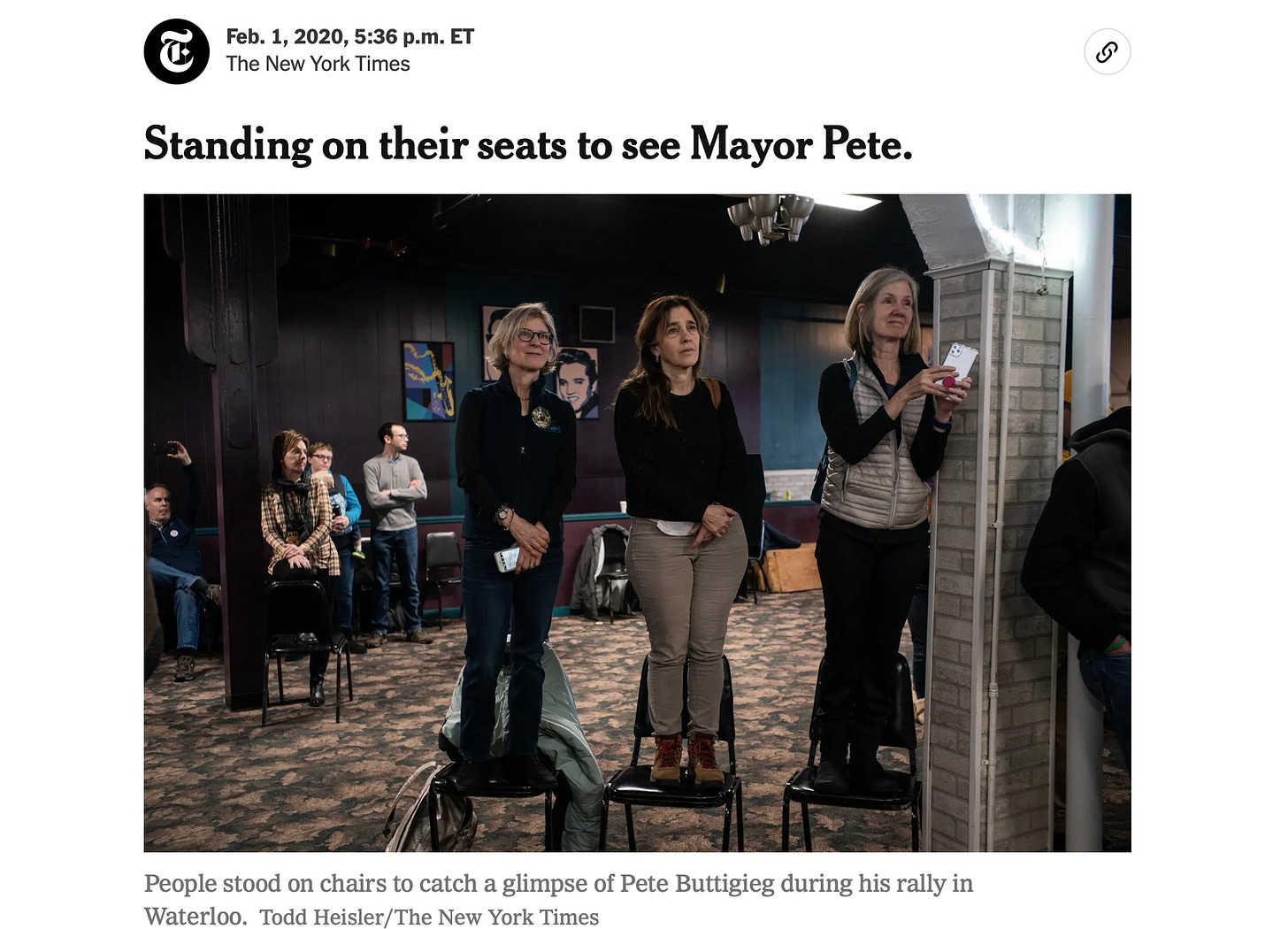
I first covered the Iowa Caucuses for Newsweek in 1984 and the most exciting for me came in 2008, when an impossibly youthful Barack Obama — with the help of a lot of people I knew from growing up in Chicago — upset Hillary Clinton. That year, while I was on set for MSNBC in Des Moines, my family drove an hour to a restaurant in Oskaloosa for what we all wrongly assumed was Joe Biden’s final campaign appearance as a presidential candidate, a couple days before he finished fifth with less than one percent of the vote and dropped out. Our family made up three quarters of the tiny crowd, a gesture Beau Biden later told me his family appreciated.
Now, 50 years after they launched an obscure former governor of Georgia named Jimmy Carter into the presidency, the Democratic Iowa Caucuses are dead. The coup de grace was delivered in 2020 when a glitch in the complicated process meant that it took six annoying days before we learned the results. (Pete Buttigieg won the most delegates, while Bernie Sanders got the most votes — did I mention that it was complicated?). My family and friends and I had a great time nonetheless, sampling the candidates (Biden was the worst on the stump) and observing a Des Moines caucus at a local elementary school. The process was long and convoluted but also inspiring—a chance to see democracy in action, just before Covid.
Biden is so down on what he calls “anti-participatory” caucuses that they are apparently kaput everywhere in the party (to be replaced in some formerly caucus states by vote-by-mail only primaries). The new order of the peculiar early primary process that helps determine the leader of the free world will be: South Carolina on February 3, New Hampshire and Nevada on February 6, Georgia on February 13, then Michigan on February 27.
Republicans so far are sticking with the usual early-state order of Iowa, New Hampshire, South Carolina and Nevada.
The ink wasn’t dry on Biden’s letter to the Democratic National Committee before New Hampshire, which has a state law saying it will always hold the first-in-the-nation primary, began fighting back. My guess is the Granite State will lose; to enforce party rules, the DNC can strip states of their delegates, as it briefly did in 2008 when Michigan went rogue with its primary date.
Biden is determined to make the early primaries better reflect the diversity of the party and country. “Black voters in particular have been the backbone of the Democratic Party but have been pushed to the back of the early primary process,” Biden wrote. “It is time to stop taking these voters for granted.” He might have added: “Jim Clyburn and South Carolina saved my ass in 2020 after I finished fourth in Iowa and fifth in New Hampshire (with 8.4 percent), and they saved your ass and the ass of the whole world because none of those other Democrats could have beaten Trump. So is this partly a reward? Damn right it is!”
Biden also wrote that the schedule should be re-evaluated every four years, so we might see the beginning of an era where several states will get their moments in the sun on a rotating basis, which is more fair and logical than the power Iowa and New Hampshire held for so long. In 2024, it’ll be goodbye ethanol, hello reparations.
The new schedule will bring plenty of surprises, if not in this cycle then down the road. While South Carolina is considered a “Black primary,” Black voters make up only half the primary electorate there and do not reflexively support Black candidates. Seven weeks before the 2008 primary, for instance, Hillary Clinton was tied with Barack Obama among Black voters and far ahead with whites. It wasn’t until Obama proved himself among white voters in Iowa that Black South Carolinians moved to him en masse. Even then, Obama needed a great field organization to win there. South Carolina Democrats are more moderate than those in Iowa and New Hampshire — which isn’t good news for progressive and gay candidates in 2024 if Biden doesn’t run — and they are more pragmatic about who has the best chance in a general election, in part because the consequences of losing are higher for Black and other non-White voters.
New Hampshire will remain important. The upsets pulled there over the years often involve not the winners but historic second-place finishers, including Eugene McCarthy driving President Johnson from the race in 1968 and Bill Clinton as “The Comeback Kid” in 1992. (Being one of the few reporters to witness his famous “til the last dog dies” speech at an Elks lodge in Dover was a highlight of that year). Fourteen months from now, it’s possible to imagine Biden winning South Carolina almost by default, then getting tripped up three days later in New Hampshire (where his opposition to its first-in-the-nation status could hurt him) by an ambitious young challenger finishing a better-than-expected second.
If Biden doesn’t run, which I think is more likely than the conventional wisdom now suggests, South Carolina won’t necessarily advance a Black candidate, especially if two of them split the black vote. That could give a moderate White candidate a rocket ride into New Hampshire, where independent swing voters favor less ideologically predictable candidates like Gary Hart in 1984 and John McCain in 2000, both of whom beat the odds to win New Hampshire but lost the nomination to Walter Mondale and George W. Bush respectively. It’s also possible that the prospect of both South Carolina and New Hampshire holding their Democratic and Republican primaries on different days could dilute the media coverage of all of them.
If South Carolina will increasingly and unfortunately be seen as the Democrats’ “Black primary” and New Hampshire as its “White primary,” Nevada might come to be viewed as the “Brown primary” for the large number of Latino voters, especially in the Las Vegas area, where the vast majority of Nevada Democrats live. These identity politics frames aren’t healthy and they aren’t accurate; they underplay the complexity of each state’s political configurations. And there are other agendas within the party at work. Promoting Nevada — and later, Michigan — is also meant to restore at least a little of organized labor’s power. And moving Georgia up on the schedule is a reminder of how important white independent suburban women are to the success of the Democrats.
Michigan, which Democrats just swept in the midterms, combines all elements of the Democratic coalition and represents the upper midwest, a region the party must carry to win the White House. It’s also big, which has led to fears that candidates will de-emphasize the other early primary states and campaign there from TV studios instead of mixing it up with voters in diners and barber shops — the personal politics that is not just more fun for the press but an important part of the vetting process. For all its whiteness, the old system forced candidates to humble themselves in ways that often revealed something about who they are.
I’m not too worried about losing those retail traditions. Remember the 2008 Republican primaries, where the strong frontrunner in the polls, Rudy Giuliani, decided to skip New Hampshire and put all his marbles on Florida? That strategy failed miserably, as it would for any Democrat tempted to forego South Carolina and New Hampshire in favor of Georgia and Michigan.
I’ll miss Iowa, but South Carolina is lovely in February and up north we’ll always have Dover and Concord and Portsmouth. Try going to either state as a political tourist. You’ll have a good time.




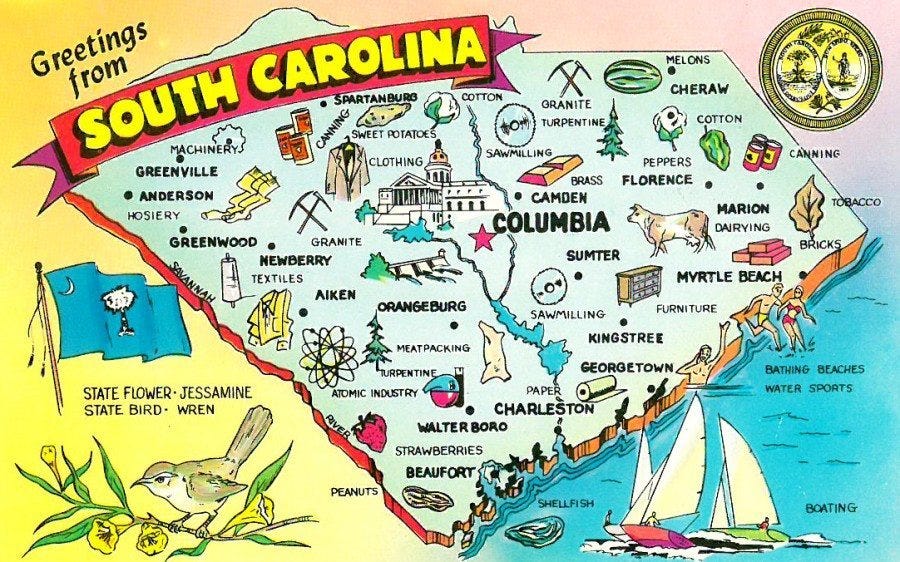

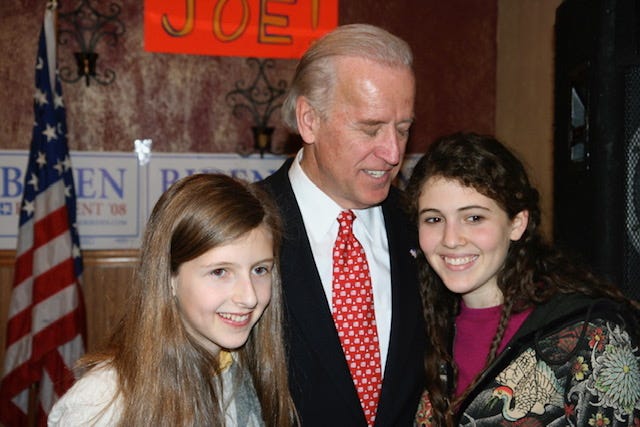
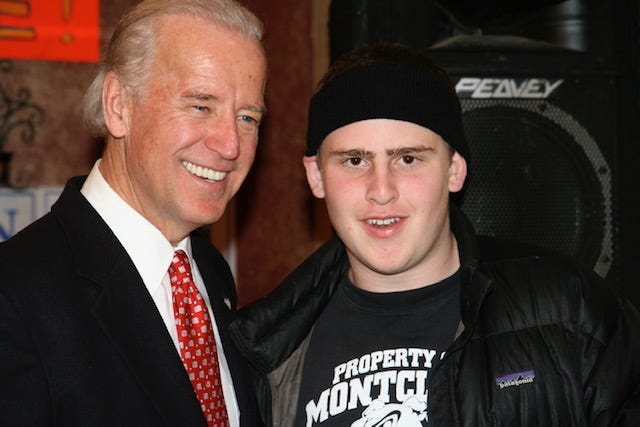

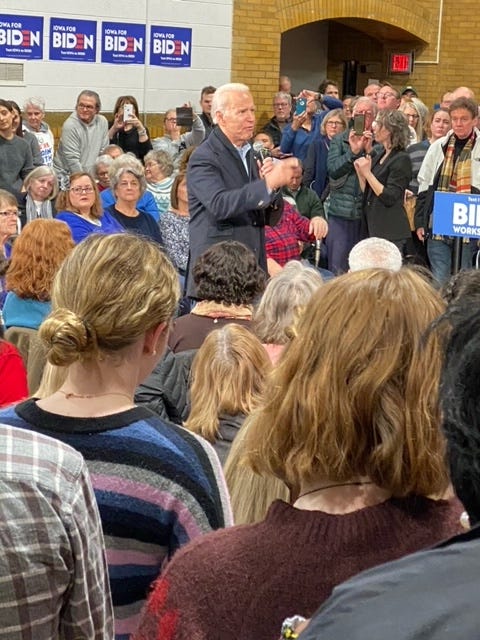
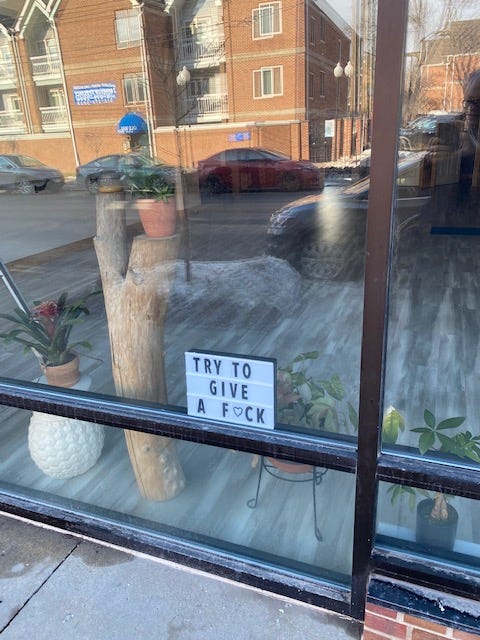

Fondest memories of Iowa, where you taught me the term “political tourism.” The political traditions there are huge, surpassed only by the portions served in The restaurants. Monty
Demographically, the Iowa Caucuses were unsuited to the needs of national Democratic voters. Vicariously, we were searching for the perfect candidate - incongruously in the heart of red-state America. As you noted, the process was abstruse and unworkable. Goodbye, Iowa, and thanks for the memories. We'll always have "The Music Man".
Now that the primary election dynamics are changing, we'll certainly reap the benefits of the broader inclusivity.